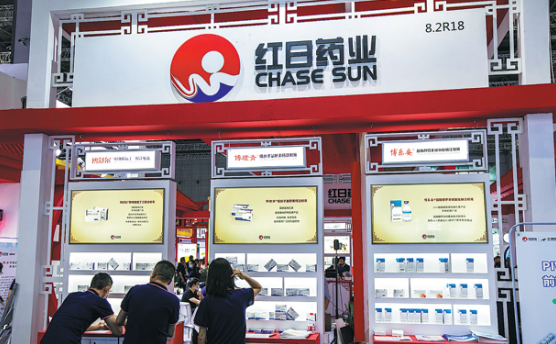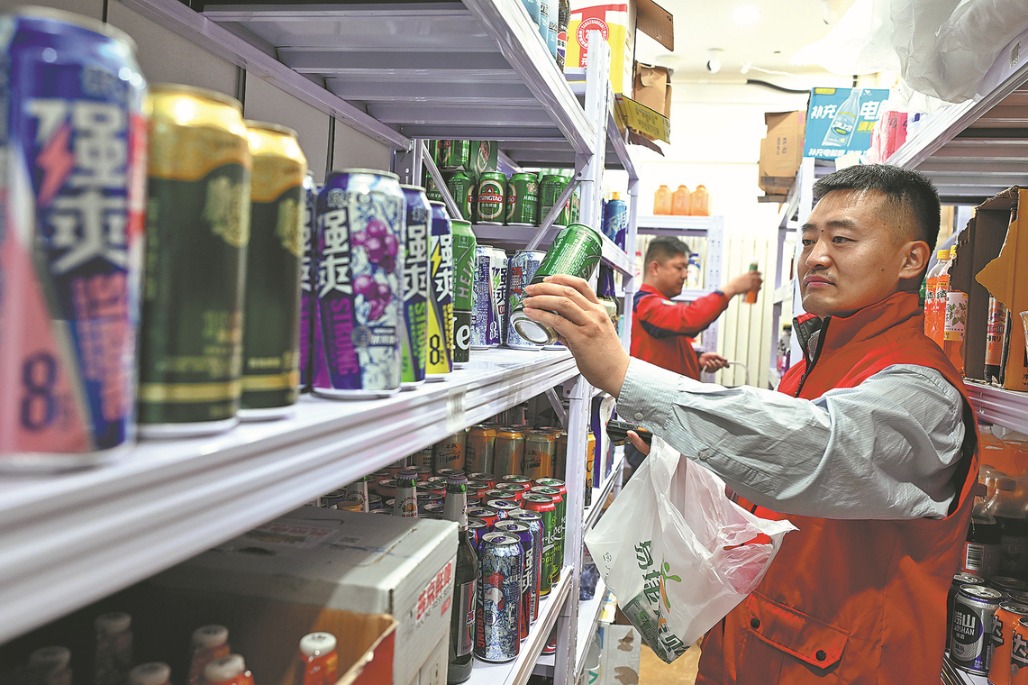Trade and investment are set for bloc boost


"Most of the ASEAN countries are on a fast development track underpinned by the demographic dividend and craving for economic growth at times of hard-found peace," he said.
"Chinese enterprises have noticed the vigorous development momentum in the ASEAN region, and are increasing their presence in many industrial parks there."
Attracted by the rich natural and labor resources and growing consumption capabilities in the ASEAN area, ChoiceMMed and its parent company, Tianjin Chase Sun Pharmaceutical Co Ltd, are on the lookout for more business opportunities in the region, apart from trying to launch and market products there currently.
Chase Sun Pharmaceutical serves a wide range of sectors including TCM granules, finished drugs, pharmaceutical adjuvants, active pharmaceutical ingredients, medical devices and health management services.
Qian predicted market demand in the ASEAN region for geriatric disease care, health management services, telemedicine, and medical devices for chronic obstructive pulmonary disease and respiratory illnesses will see substantial growth in the future.
Da Hongfei, CEO of Onchain, a blockchain tech startup, said: "Once it comes into effect, the RCEP will create a very ideal state of intraregional collaboration among the member countries, creating many new opportunities and unprecedented development models for foreign investors, including Chinese companies.
"For the ASEAN, that also means intensified economic exchanges with economies within the RCEP and beyond, which will inject new growth impetus in many sectors, such as cross-border e-commerce and payments."
Onchain Custodian, the company's newly established subsidiary in Singapore, is its first step to extend its business footprint in the ASEAN region, one of the most rapidly developing economies in the world, he said.
However, he also said Chinese-funded enterprises are facing fierce competition when expanding their business in the region, especially from those based in Japan, South Korea and other RCEP member countries.
Differences in business cultures and social customs between China and the ASEAN also pose challenges to Chinese companies.
Qian of ChoiceMMed said different levels of development in the ASEAN countries, as well as political instability in some areas, are preventing some Chinese companies from increasing investment in the region.
Jiang Xueqing contributed to this story.
- CPC boosting political ties around world
- Commitment to Party leadership key behind nation's growth, envoy says
- Experts: China to remain haven for foreign investors
- Xi leads China's final sprint to achieve milestone Xiaokang goal
- Multilateralism, equity needed more than ever, say experts at peace forum




































